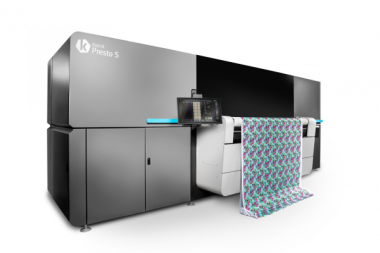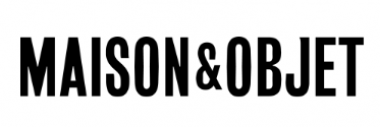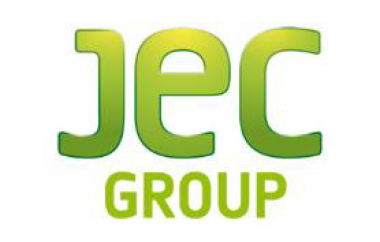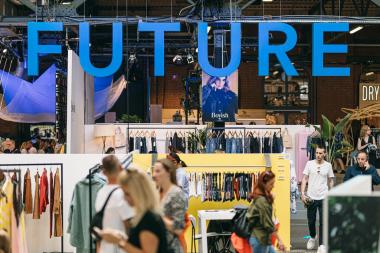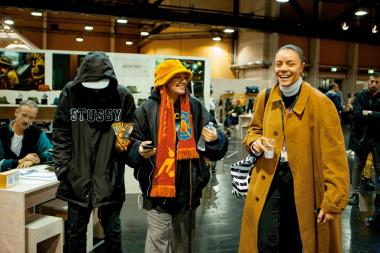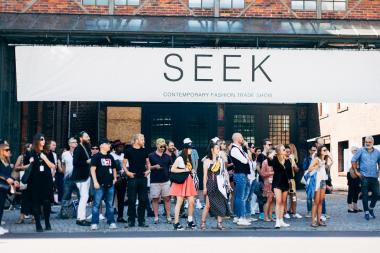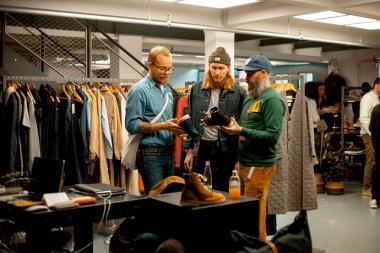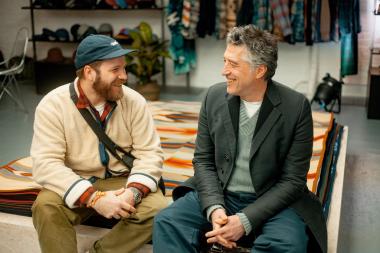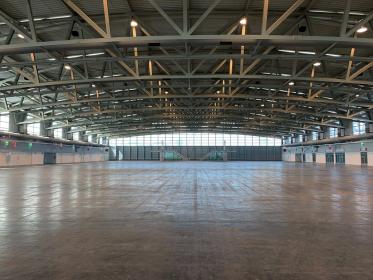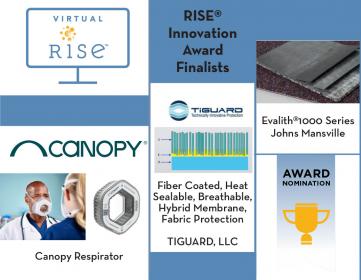Hexcel Selected for Sunseeker 90 Ocean Luxury Yacht
- Hexcel HexPly® XF Selected for High-Quality, Paint-Ready Parts for Sunseeker 90 Ocean Luxury Yacht
- Hexcel’s innovative surface technology yields parts with paint-ready surfaces for builder of luxury yachts
Yacht builder Sunseeker has chosen Hexcel’s HexPly® XF surface technology to produce prepreg parts with high-quality, paint-ready surfaces quickly and efficiently for its 90 Ocean luxury yacht, one of its newest models.
The lightweight composite hardtop for the Sunseeker 90 Ocean yacht is manufactured from a combination of HexPly® XF and Hexcel's HexPly® SuperFIT® semi-preg. The hardtop is lighter in weight than versions made using resin-infusion processes, and it de-molds with a pinhole-free surface that needs minimal preparation to be ready for paint. Sunseeker has recorded an overall reduction in process time of around 30%, saving three days of manufacturing time per hardtop.
The hardtop provides shade and protection for the yacht’s uppermost deck space. Its reduced weight helps to ensure the stability of the vessel, and the paint-ready finish with HexPly XF provides Sunseeker with more options for customizing its color to the individual needs of its clients.
HexPly XF is a lightweight, non-woven semi-preg that eliminates the need to use a traditional in-mold gel coat. The innovative surface technology significantly reduces the costly and time-consuming refinishing work typically required to impart a paint-ready finish to prepreg or semi-preg parts, and yields lightweight, consistent components in short cycle times.
Working with Sunseeker, Hexcel developed a material format, a laminate ply sequence, and a production process that satisfied the structural requirements for the hardtop and enabled the yacht builder’s production team to lay up and cure the part in a single shot – slashing cycle times.
Hexcel supplies Sunseeker with a HexPly XF product that comprises both the surface layer and the first structural reinforcement ply, eliminating the need for a cosmetic barrier coat. Neither the HexPly XF surface layer nor the following layers of HexPly SuperFIT require time-consuming debulking steps – significantly reducing lay-up time – and both are based on Hexcel's rapid-curing M79 epoxy resin system. Adhesive resin films are not needed to bond the hardtop’s foam core, as the resin content of the SuperFIT plies has been adjusted to further reduce overall process time.
Once de-molded, the cured hardtops are inspected before they are passed to Sunseeker’s finishing and painting technicians for final preparation and painting. The HexPly XF resin surface allows the yacht builder’s quality technicians to inspect the laminate below quickly and easily, ensuring the quality and consistency of the structural reinforcement plies.
“Composite materials that improve our production processes, as well as great technical support, are what makes working with Hexcel such a success story," said Stuart Vaughan-Jones, Composite Development Manager, Sunseeker. "With the switch from gel coat and resin infusion to HexPly XF and SuperFIT in the new hardtops, we are now building lighter, more consistent parts, more quickly than before, with a higher quality surface finish. XF really has ticked all the boxes.”
Garth Thomas, Account Manager – Marine, Hexcel, said: "With the HexPly XF surface technology now well established, XF will soon be used in other large moldings where minimizing weight is critical, as well as additional hardtops across the Sunseeker model range."
Hexcel







